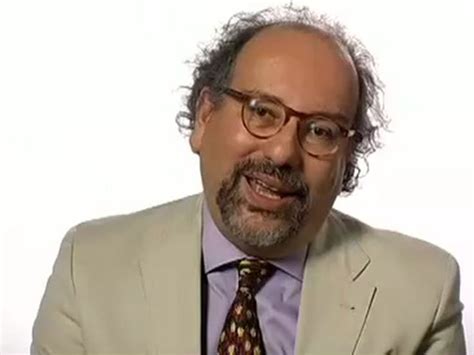A Quote by Jaime Lerner
Related Quotes
This is what I want you all to do. I want you to open a new document and type up a list of three problems in your life. Not the universe's life - your own. Underneath, type the solutions." "If we know the solutions," said Belle, "they're not problems." "Exactly," said Denny. "You do know the answers to most of your problems. Somewhere deep inside, you know.
It is fascinating to watch politicians come up with 'solutions' to problems that are a direct result of their previous solutions. In many cases, the most efficient thing to do would be to repeal their previous solution and stop being so gung-ho for creating new solutions in the future. But, politically, that is the last thing they will do.
We in the Himalayas have the problem of glaciers melting away and we had to make our own glaciers and I don't consider them proud or great achievement. It is only mainly to adapt to the problems that we have caused in this planet; The real solutions lie elsewhere; maybe people in the big cities of India, China and US can solve it.

































